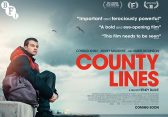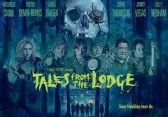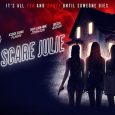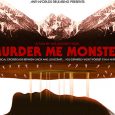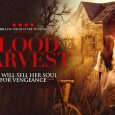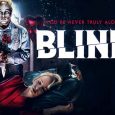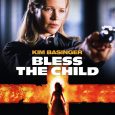Unlike House at The End of the Street, this review will not going force you to sit through sixty minutes of nothingness before making any of the impression it set out to make. House at The End of the Street is not a good film. At all. Attempting to pass itself off as an excellent example of contemporary horror, it fails on seemingly every level; even its minor successes are offset by the sheer drudgery one must expose themselves to in order to witness anything of the like.
Newly divorced Sarah and her daughter Elissa find the house of their dreams in a small, upscale, rural town. But when startling and unexplainable events begin to happen, Sarah and Elissa learn the town is in the shadows of a chilling secret.
It was a sunny day in central Manchester when a friend and I decided to kill a little time experiencing what we hoped would be something truly frightening. Yet, by the time the film had advanced as far as the third act I was considerably more afraid that it had started raining in Piccadilly Gardens. What follows a slightly creepy opening sequence (killed by the hilarious and oft repeated attempt at what can only be described as the ‘horror walk’ – you know the one: stumbling with one leg, dragging the other, hands at the sides) – is a thoroughly meaningless teen drama throughout which Jennifer Lawrence is exposed to everything you might expect; mean kids, difficulty making friends, and embarrassing guitar playing. From time to time House at the End of the Street falls prey to a passing recollection of its intent to be a horror film and the next couple of minutes are spent with hands in mouths trying desperately not to laugh aloud at the obvious camera work and offensively clichéd reveals.

Just in time to make it before the credits start rolling, everything suddenly changes from unbearable teen drama to fully ridiculous horror. Multiple people forget how to use guns, phones, knives, and just about everything else you might expect an infant to be able to use all in the name of extending this limp charade an extra five minutes. Somehow made worse by the revelation that would, annoyingly, be a considerable spoiler if I were to share, but which I found literally insulting as a human being. Probably easily out down as ultimately lazy writing.
I will, however, concede one semi-positive point in favour of the film – the twist. Had it been housed in something well written, something with a plot that could indeed be twisted, then this would have been brilliant. Sadly, as may be apparent by this point, it is not and, as if to salt the wounds of £6.80 wasted, the film ends one twist too far with the original spark of something fantastic thoroughly extinguished.
House at the End of the Street is one thing and one thing only, an attempt to cash in on Jennifer Lawrence’s post-Hunger Games fame. Having already turned a fair profit on estimated budgets it must be considered a success by the companies who backed it. As a work of art, as entertainment, even as a way to waste two hours, it is nothing short of an abysmal failure.



